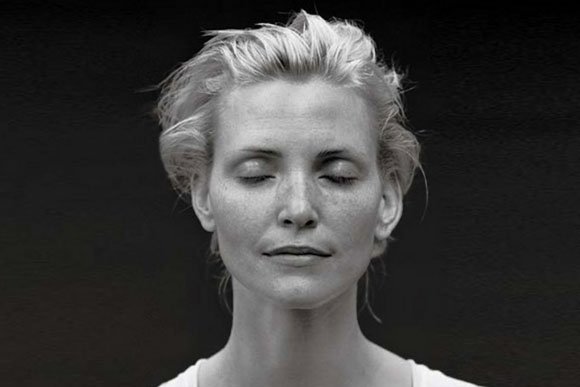Yogically, there are three types of karma. The word karma refers to results of past actions, present actions, and actions we will perform in the future.
Literally translated, the word Karma means action. It comes from the Sanskrit root ‘kr,’ which means to act. The action of Karma includes movement of our bodies and the movement of our thoughts. “The karmas of the past, present, and future are called Sanchitta, Parabda, and Agami. These can best be defined by David Life and Shannon Gannon, founders of Jivamukti.
Upholding your intentions is a big part of Karma. If you intend to stick with your yoga practice, but find it often falls to the side, I suggest you take action by taking part in the free 30 Day Yoga Challenge. By dedicating yourself consistently to the practice, you’ll learn to move your body with care, intention and awareness.
1. Sanchitta
This is accumulated past actions or karmas waiting to come to fruition. Sanchitta is the storehouse of every action you have ever done, in all the lifetimes you have ever lived. These are all of the unresolved past actions waiting to reach resolution.
2. Parabda
This is the present action: what you are doing now, in this lifetime and its result.
3. Agami
Future actions that result from your present actions are called agami karma. As you attempt to resolve past karma, you unavoidably create new karmas that you may or may not be able to resolve in your present life. If you don’t resolve them now, they will go into the storehouse to be resolved in a future life.
Today I want us to focus on Parabda karma. What are the present actions of how you move, breath, walk, talk, think impacting the next present moment? In other words, what are you doing today that demonstrates you are taking 100% responsibility for your life?
Your Intention Affects Your Action
On the mat, you can directly experience how doing a low lunge feels enhanced by half splits or how Triangle pose helps to make Warrior 2 more easeful. How can our intentions in how we place our bodies on the mat make the class more of a positive experience for us?
And if we put negative self-talk (intentions of mind) into our poses, does that make the next pose of your life easier or harder?
“As you think so shall you be” says Dr Wayne Dyer. It’s a universal truth. The action of thought (intention) always precedes the action of movement. Or as Einstein phrases it, “the ancestor to every action is a thought.”
So…by taking full responsibility for our thoughts and movements, we create our reality. What we think or do right now creates the kind of world that is related to those thoughts and actions. If your right now is filled with loving affirmation, then the next moment will be filled with good karma.
This karma of parabda has no waiting, the result is now. As Jon Kabat Zinn says, “Love your life, and your life will love you back.” Try it this week and experience the amazing result.


